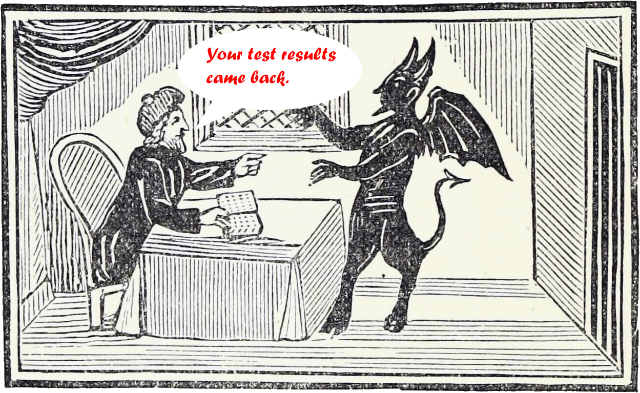Scientists unlock methods for testing evil
by Seamus Bellamy from on (#3YJ50)

Morten Moshagen and his colleagues proposed that a D-factor exists, which they define as the basic tendency to maximize one's own utility at the expense of others, accompanied by beliefs that serve as justifications for one's malevolent behaviors. In their definition, utility refers to goal achievement. For those scoring high on the D-factor, utility maximization is sought despite running contrary to the interests of others or even for the sake of bringing about negative outcomes in others.Utility in this definition does not refer to utility maximization that is irrelevant of the effect on others-- such engaging in sports to improve one's health, engaging in consensual sex, or recreational activities. Also, it should be noted that those scoring high on the D-factor aren't always uncooperative, as they can be very strategic in choosing when to cooperate. Their key prediction is that those scoring high on the D-factor will not be motivated to increase the utility of others (helping others in need) without benefiting themselves, and will not derive utility for themselves from the utility of others (e.g., being happy for the success of others).Over at Scientific American, Scott Barry Kaufman goes into great detail describing what information testing someone's D-factor may unlock and suggests a number of questions that could be used to do so. It's a short, fascinating read. Image by Unknown - Internet Archive, Public Domain, Link